Material Culture
Teacher(s): Julie Shackelford
Lessons: 4/week
No matter what we do in our day-to-day lives, we are constantly surrounded by things, yet, for most of us, the only time that we give those things any thought is when they stop functioning, break down, or quit doing what we want them to do. But the fact is, things matter, and it is through the relationship between people and things that we come to know who we are and our place in the world. From the decorations in our homes, the products we consume, the landscapes and urban environments we pass through, the digital technologies that now permeate nearly every aspect of our modern world, and even our bodies themselves – every “thing” we encounter impacts who we are, our understanding of the world we live in, and our relationships with those around us.
As a Folk High School Class that falls squarely within the field of Socio-Cultural Anthropology, this class employs a Material Culture Perspective to explore the relationship between people and things. Introducing students to a number of key themes within Material Culture Studies today, such as: Art, Architecture, Visual Culture, Museums & Cultural Heritage, Landscape, Technology & Body Techniques, Consumption, and the Digital, each theme includes both a theoretical and a practical component, thereby offering students the opportunity to think through abstract concepts in an applied, “hands-on” way. By exploring each of these key themes, students deepen their awareness, appreciation, and understanding of the material world in which we live and the impact of “things” on ourselves, our relationships, and the world around us.
The Folk High School Material Culture Class is approached through a combination of lectures, discussions, and weekly fieldwork exercises wherein students gain hands-on experience exploring the relationship between people and things. Students are asked to keep a field notebook in order to better record and share their findings and so that, by the end of the class, they possess both a basic understanding of the core theoretical concepts of Material Culture Studies and a practical, methodological “toolkit” for analyzing the relationship between people and things in a wide range of environments and contexts.







